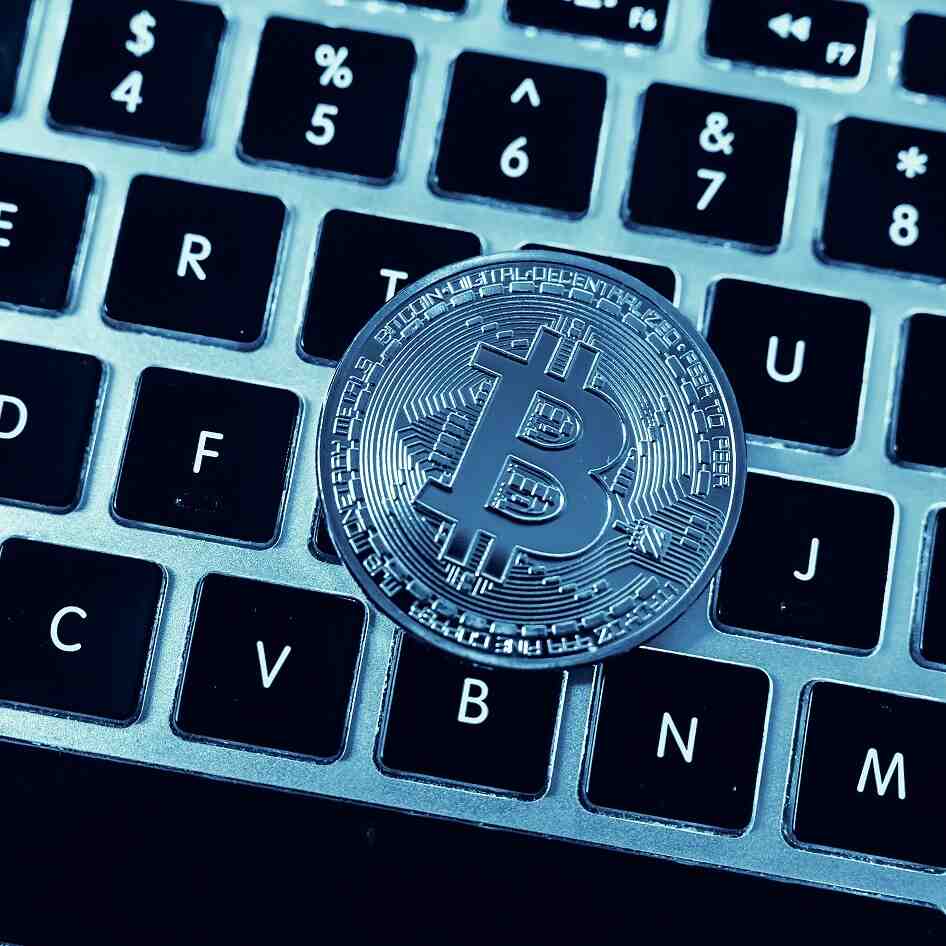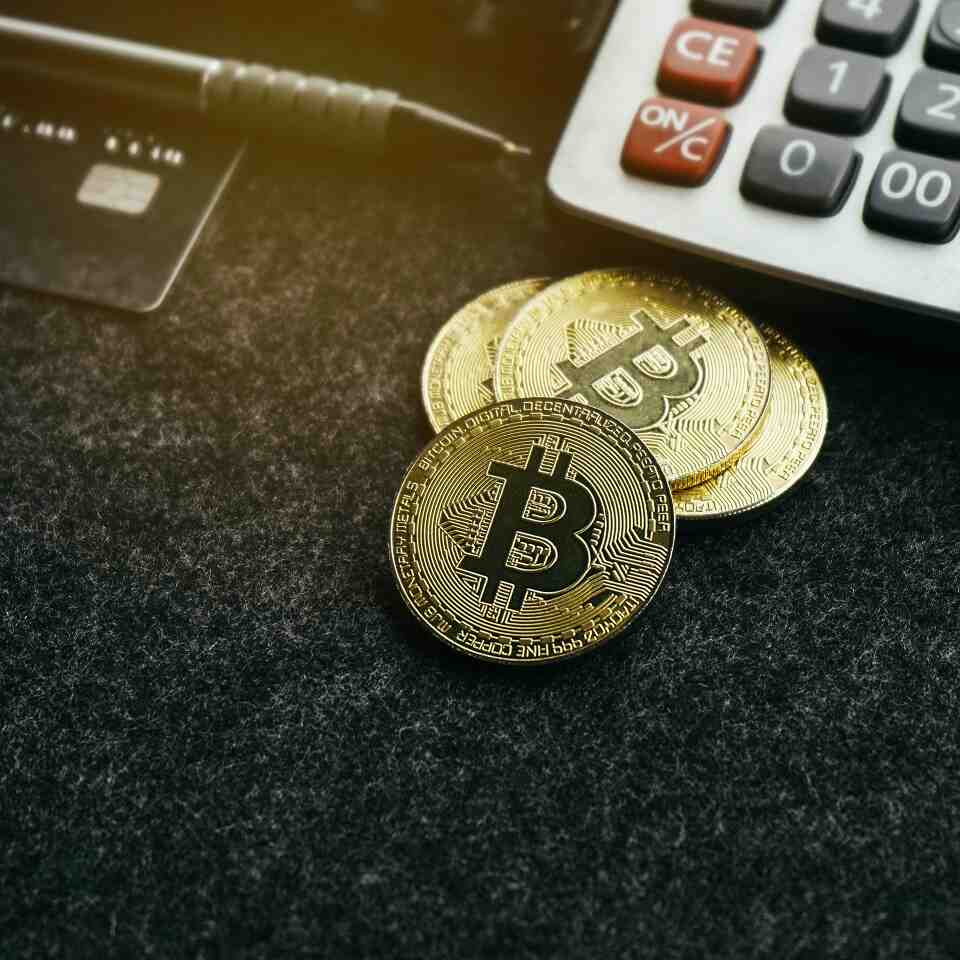Cryptocurrency, once a niche technology known only to a small community of developers and enthusiasts, has grown into a global phenomenon. The rise of digital currencies like Bitcoin, Ethereum, and a plethora of altcoins has captured the attention of investors, regulators, and industries worldwide. As the market continues to mature, the potential of cryptocurrency to revolutionize various sectors—finance, technology, governance, and more—is becoming increasingly apparent. However, alongside the excitement, there are challenges and risks that need to be considered. In this article, we will analyze the potential of cryptocurrency, exploring its benefits, risks, and the key factors that will shape its future.
1. Decentralization and Financial Inclusion
One of the most compelling aspects of cryptocurrency is its decentralized nature. Unlike traditional financial systems that rely on centralized institutions like banks and governments, cryptocurrencies operate on decentralized networks built on blockchain technology. This feature has the potential to revolutionize the financial landscape, especially in regions where access to banking services is limited or non-existent.
Empowering the Unbanked
There are billions of people around the world who remain unbanked or underbanked, particularly in developing countries. Cryptocurrency provides an opportunity for these individuals to access financial services without needing a traditional bank account. With just a smartphone and an internet connection, people can participate in the global economy, send and receive money, and even invest in digital assets.
For example, in countries with unstable currencies or hyperinflation, cryptocurrencies like Bitcoin can serve as a store of value, protecting individuals from the devaluation of their local currencies. This is especially relevant in regions such as Venezuela or Zimbabwe, where economic instability has driven people to seek alternative forms of money.
Cross-Border Payments and Remittances
Another area where cryptocurrencies are showing promise is in cross-border payments and remittances. Traditional remittance services, such as Western Union, charge high fees for international money transfers. Cryptocurrencies, on the other hand, offer a much more cost-effective and efficient solution. For example, using Bitcoin or stablecoins like USDC, people can send money across borders with minimal fees and near-instant settlement times, bypassing the need for intermediaries.
This could lead to significant cost savings for individuals and businesses involved in international transactions, especially in developing nations where remittance flows make up a significant portion of the economy.
2. Decentralized Finance (DeFi)
One of the most transformative innovations in the crypto space is decentralized finance (DeFi). DeFi refers to a set of financial services—such as lending, borrowing, trading, and insurance—that are built on blockchain networks without the need for traditional intermediaries like banks. Ethereum, with its smart contract functionality, has become the primary platform for DeFi applications.
Disintermediation of Traditional Finance
DeFi allows individuals to access financial services without relying on banks, brokers, or other centralized entities. By using decentralized protocols and smart contracts, users can engage in peer-to-peer transactions that are transparent, secure, and free from the control of centralized authorities. This could potentially disrupt traditional banking, investment, and insurance industries by offering more inclusive, efficient, and transparent alternatives.
For example, decentralized exchanges (DEXs) like Uniswap and SushiSwap allow users to trade cryptocurrencies directly with one another, without the need for an intermediary. Similarly, decentralized lending platforms like Aave and Compound enable users to borrow and lend assets without involving banks or credit institutions, often at lower interest rates.
Yield Farming and Staking
DeFi also introduces the concept of yield farming and staking, where users can earn passive income by providing liquidity to decentralized platforms. This has created a new wave of opportunities for investors to earn returns on their digital assets. While these opportunities come with their own set of risks, such as impermanent loss and smart contract vulnerabilities, they have contributed to the rapid growth of the DeFi ecosystem.
The ability to earn passive income through DeFi platforms has attracted both retail and institutional investors, further driving the adoption of cryptocurrencies and blockchain technology.
3. Blockchain Technology and Smart Contracts
Blockchain, the underlying technology behind cryptocurrencies, has the potential to revolutionize many industries beyond finance. At its core, blockchain is a distributed ledger technology that allows for secure, transparent, and immutable record-keeping. Smart contracts, which are self-executing contracts with the terms directly written into code, have enabled the creation of decentralized applications (dApps) and services.
Supply Chain and Logistics
Blockchain can improve transparency and traceability in supply chains, helping businesses and consumers track the origin and movement of goods. This can be particularly valuable in industries such as food safety, pharmaceuticals, and luxury goods, where counterfeit products and fraud are prevalent. By recording every step of the supply chain on an immutable blockchain, stakeholders can verify the authenticity of products and ensure compliance with regulatory standards.
Voting Systems and Governance
Blockchain technology also has the potential to transform governance and voting systems. By using blockchain to record votes in an election, governments can ensure transparency, security, and tamper-proof records. This could reduce the risk of election fraud and increase trust in democratic processes.
Moreover, decentralized autonomous organizations (DAOs) are an emerging concept in which decision-making is carried out by the community, rather than a central authority. DAOs are governed by smart contracts, and members can vote on proposals using tokens. This model could lead to more democratic and transparent forms of governance, both in the private and public sectors.
4. Tokenization of Assets and NFTs
Another promising development in the crypto space is the tokenization of real-world assets. Tokenization refers to the process of converting physical or intangible assets into digital tokens that can be traded on a blockchain. This could apply to everything from real estate and stocks to artwork and collectibles.
Real Estate and Fractional Ownership
Tokenizing real estate allows for fractional ownership, enabling individuals to invest in properties with a lower capital requirement. This could democratize access to the real estate market and provide liquidity to an otherwise illiquid asset class. Blockchain-based platforms like RealT are already offering tokenized real estate investment opportunities, and this trend is expected to grow.
Non-Fungible Tokens (NFTs)
Non-fungible tokens (NFTs) have become a cultural phenomenon, allowing digital art, collectibles, and other unique items to be bought, sold, and traded on blockchain networks. NFTs provide a way to prove ownership and authenticity of digital assets, which has led to a surge in interest from artists, collectors, and investors. While the NFT market is still in its infancy, its potential to reshape industries like art, gaming, and entertainment is immense.
5. Risks and Challenges
Despite the enormous potential of cryptocurrency, there are several risks and challenges that need to be addressed for widespread adoption.
Regulatory Uncertainty
One of the biggest challenges facing cryptocurrencies is regulatory uncertainty. Governments around the world are still figuring out how to classify and regulate digital assets. In some countries, like China, cryptocurrencies have been banned, while others, like the United States, are working on developing clearer regulatory frameworks. The lack of consistent regulation can create uncertainty for investors and businesses operating in the crypto space.
Volatility
Cryptocurrencies are notoriously volatile, with prices often swinging dramatically within short periods. While this volatility presents opportunities for traders, it also poses risks for investors and users who rely on cryptocurrencies for everyday transactions. Stablecoins, which are pegged to fiat currencies like the US dollar, have emerged as a solution to this problem, but they come with their own set of challenges related to centralization and trust.
Security and Scams
While blockchain technology itself is secure, the crypto ecosystem is still vulnerable to hacks, scams, and fraud. High-profile incidents, such as the Mt. Gox exchange hack and DeFi protocol exploits, have highlighted the risks associated with digital asset ownership. As the crypto space continues to grow, improving security protocols and educating users will be crucial in mitigating these risks.
Conclusion
Cryptocurrency has the potential to transform the global financial system, enabling greater financial inclusion, decentralization, and innovation. Through the rise of decentralized finance (DeFi), blockchain technology, and the tokenization of assets, digital currencies are reshaping industries beyond just finance. However, challenges such as regulatory uncertainty, volatility, and security risks must be addressed for cryptocurrencies to reach their full potential.
As the technology matures and the ecosystem evolves, cryptocurrencies could become a fundamental part of the global economy, offering new opportunities for individuals and businesses alike. The potential of crypto is vast, but it will require collaboration, innovation, and regulatory clarity to unlock its true promise.











